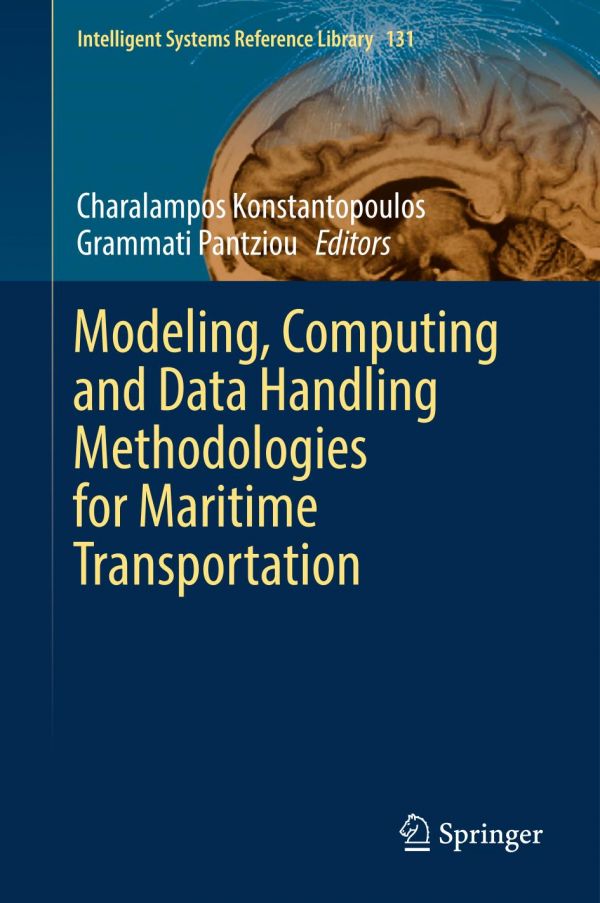

Most ebook files are in PDF format, so you can easily read them using various software such as Foxit Reader or directly on the Google Chrome browser.
Some ebook files are released by publishers in other formats such as .awz, .mobi, .epub, .fb2, etc. You may need to install specific software to read these formats on mobile/PC, such as Calibre.
Please read the tutorial at this link: https://ebookbell.com/faq
We offer FREE conversion to the popular formats you request; however, this may take some time. Therefore, right after payment, please email us, and we will try to provide the service as quickly as possible.
For some exceptional file formats or broken links (if any), please refrain from opening any disputes. Instead, email us first, and we will try to assist within a maximum of 6 hours.
EbookBell Team

0.0
0 reviewsThis book is one of very few in the maritime literature that solely focus on the latest developments in information technology (IT) methodologies in this field. It provides the reader with a concise overview of how IT can truly improve the efficacy of operations in the maritime industry. It consists of seven chapters that address a range of topics related to the synergy between Computer Science and Maritime Science. Specifically, Chapters 1 and 2 explore two important problems in maritime logistics pertaining to quayside operational planning, while Chapters 3 and 4 focus on maritime routing methodologies. Chapters 5 and 6 present decision-making support systems for safe shipping and port security. Last, Chapter 7 presents simulation methodologies for modeling maritime traffic.
The intended readership of the book spans both an academic audience and professionals in the areas of Operational Research, Transportation Science, and Maritime Science interested in applying IT methodologies in their areas of expertise.